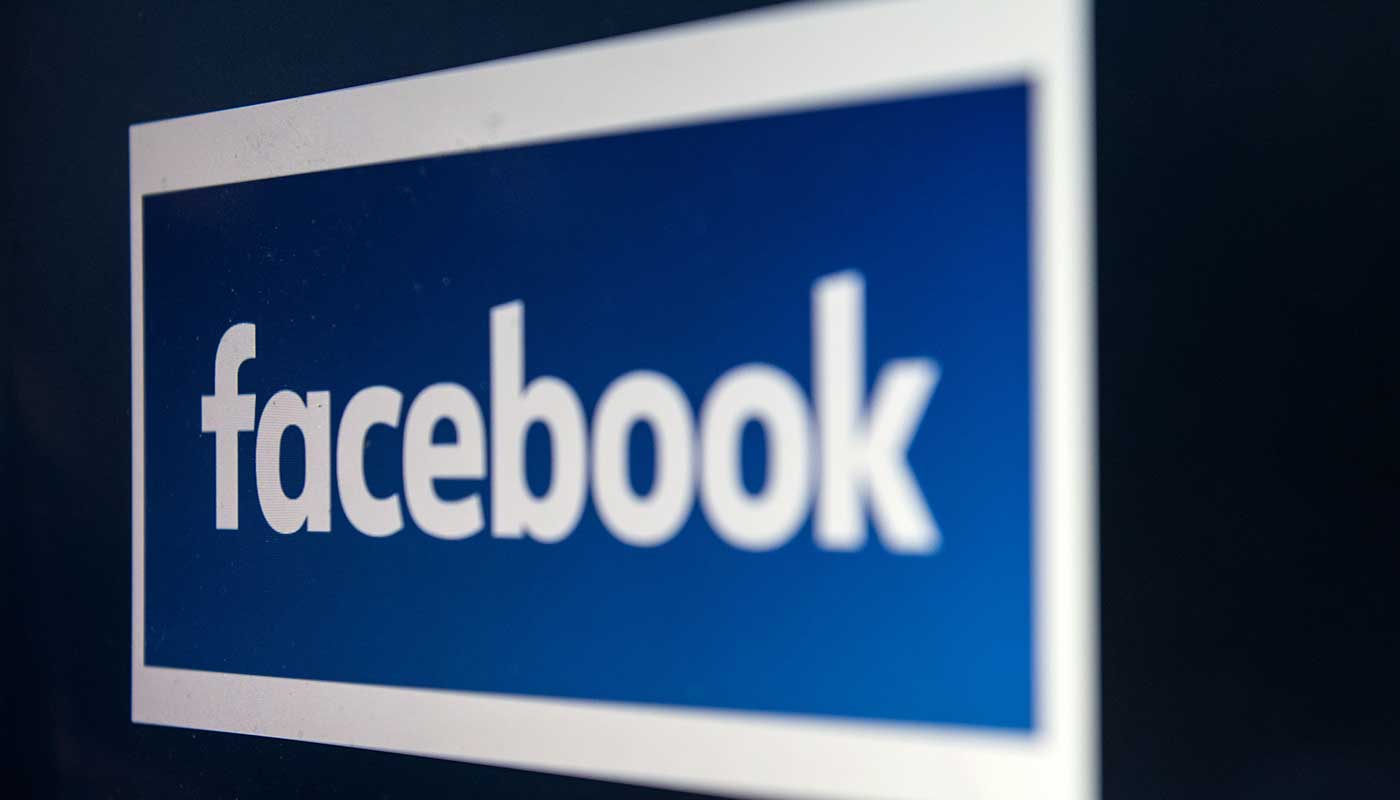Why Papua New Guinea is banning Facebook for a month
Experts will analyse effects of fake news and pornography spread on social media site

A free daily email with the biggest news stories of the day – and the best features from TheWeek.com
You are now subscribed
Your newsletter sign-up was successful
The government of Papua New Guinea is to impose a month-long ban on Facebook in order to “study the effects the website is having on the population” and crack down on “fake users”.
The Oceanian country’s communications minister, Sam Basil, said restricting access to the website would allow his department’s analysts to gather information in order “to identify users that hide behind fake accounts, users that upload pornographic images, [and] users that post false and misleading information”.
This content will be “filtered and removed”, leaving “genuine people with real identities to use the social network responsibly”, he added.
The Week
Escape your echo chamber. Get the facts behind the news, plus analysis from multiple perspectives.

Sign up for The Week's Free Newsletters
From our morning news briefing to a weekly Good News Newsletter, get the best of The Week delivered directly to your inbox.
From our morning news briefing to a weekly Good News Newsletter, get the best of The Week delivered directly to your inbox.
The planned move comes amid growing concerns about the effects of social media on users’ well-being, security and productivity, The Guardian says.
Basil told Papua New Guinea’s Post-Courier newspaper: “The national government, swept along by IT globalisation, never really had the chance to ascertain the advantages or disadvantages [of Facebook] – and even educate and provide guidance on use of social networks like Facebook to Papua New Guinean users.”
The minister also suggested the possibility of creating a home-grown equivalent for the sovereign island nation, in the western South Pacific Ocean.
“We can gather our local applications developers to create a site that is more conducive for Papua New Guineans to communicate within the country and abroad as well,” Basil said.
A free daily email with the biggest news stories of the day – and the best features from TheWeek.com
It’s unclear when the ban will go into effect, or why the blockage was deemed necessary to study the use of Facebook, says Time magazine.
The plan has faced widespread criticism in Papua New Guinea. Paul Barker, director of the Papuan think-tank Institute of National Affairs, described the move as a “mockery” of regulations laid out by the Asia-Pacific Economic Cooperation (Apec), of which Papua New Guinea is a member.
“The Apec meeting is all about promoting the digital era to assist business, develop economies and improve citizen welfare in member countries,” Barker said. “It would be a travesty if Papua New Guinea sought to close down Facebook during the Apec month [in November], making Papua New Guinea seem rather foolish, as it would be both an attack on embracing technology, undermining the information era and mechanisms for accountability, but also damaging business and welfare.”
In a series of interviews by the Post-Courier, residents described the proposed shutdown as “a knee-jerk reaction” and “a total violation of civil rights”.
-
 Local elections 2026: where are they and who is expected to win?
Local elections 2026: where are they and who is expected to win?The Explainer Labour is braced for heavy losses and U-turn on postponing some council elections hasn’t helped the party’s prospects
-
 6 of the world’s most accessible destinations
6 of the world’s most accessible destinationsThe Week Recommends Experience all of Berlin, Singapore and Sydney
-
 How the FCC’s ‘equal time’ rule works
How the FCC’s ‘equal time’ rule worksIn the Spotlight The law is at the heart of the Colbert-CBS conflict
-
 Epstein files topple law CEO, roil UK government
Epstein files topple law CEO, roil UK governmentSpeed Read Peter Mandelson, Britain’s former ambassador to the US, is caught up in the scandal
-
 Iran and US prepare to meet after skirmishes
Iran and US prepare to meet after skirmishesSpeed Read The incident comes amid heightened tensions in the Middle East
-
 Israel retrieves final hostage’s body from Gaza
Israel retrieves final hostage’s body from GazaSpeed Read The 24-year-old police officer was killed during the initial Hamas attack
-
 China’s Xi targets top general in growing purge
China’s Xi targets top general in growing purgeSpeed Read Zhang Youxia is being investigated over ‘grave violations’ of the law
-
 Panama and Canada are negotiating over a crucial copper mine
Panama and Canada are negotiating over a crucial copper mineIn the Spotlight Panama is set to make a final decision on the mine this summer
-
 Why Greenland’s natural resources are nearly impossible to mine
Why Greenland’s natural resources are nearly impossible to mineThe Explainer The country’s natural landscape makes the task extremely difficult
-
 Iran cuts internet as protests escalate
Iran cuts internet as protests escalateSpeed Reada Government buildings across the country have been set on fire
-
 US nabs ‘shadow’ tanker claimed by Russia
US nabs ‘shadow’ tanker claimed by RussiaSpeed Read The ship was one of two vessels seized by the US military